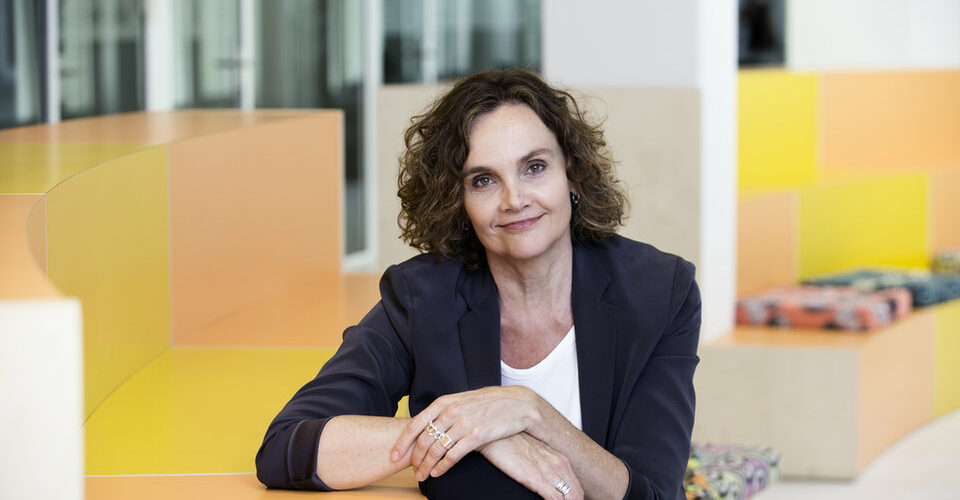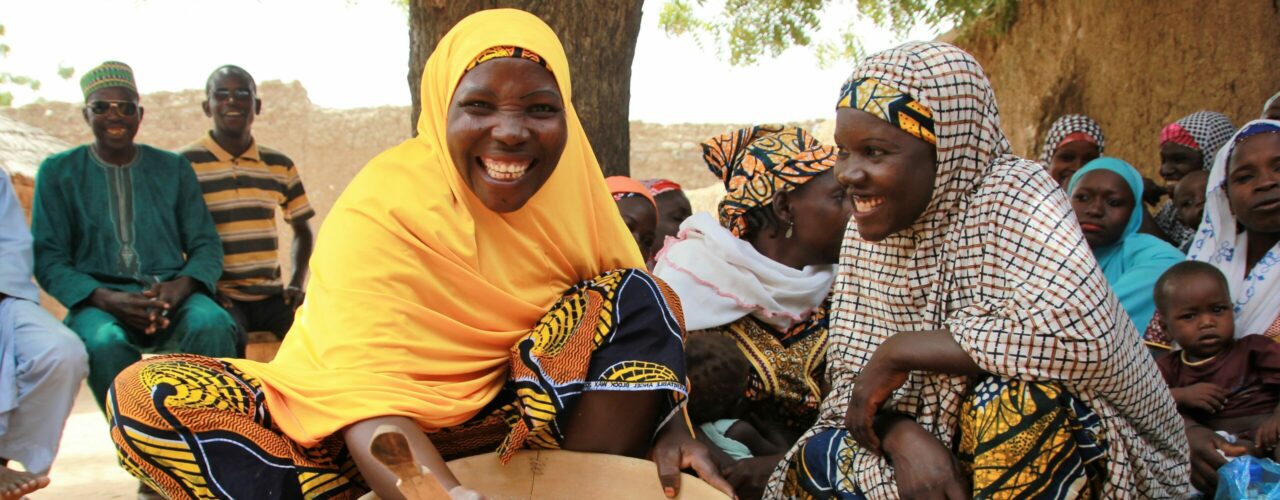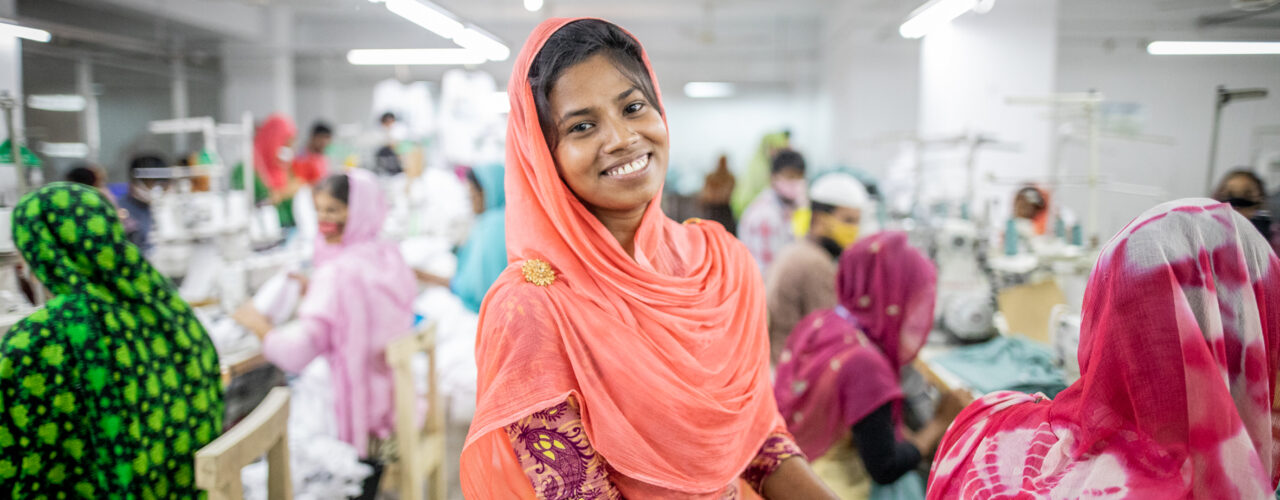The Steering Group and coordinator are grateful for the expertise, knowledge and network that Reintje brings with her. On-the-ground, implementing, but also in management and governance, e.g. as Regional Director for SNV in Latin America. In 2018 Reintje was appointed as CEO for CARE Netherlands and in 2020 she joined the Supervisory Board of FMO, the Dutch Development Bank.

Is working in the humanitarian and development sector a vocation for you?
I do think you can call it a vocation. I remember visiting Kenya as a young student. I was shocked by the inequality and injustice. I was also impressed by the urgent need to develop new and better solutions to create a sustainable future for very poor communities. I visited a densely populated area dependent on subsistence farming. You could see how families– for generations – had to divide their small plots of land over and over again. As youngster, with my limited knowledge, I could easily see that this was by definition a finite system. At the time, this rural area in Kenya showed on a micro scale the huge global problems we face today.
At the time, this rural area in Kenya showed on a micro scale the huge global problems we face today.
As humanitarian organisations, we are increasingly confronted with protracted crises. The division between saving lives (humanitarian action) and building a dignified and decent living (development cooperation) is becoming less clear. We refer to this as the ‘nexus’, and what it means is a is a large grey area between acute crisis and reconstruction that is about resilience and survival. This space is about building a foundation for a dignified and decent life. I think this is where my passion lies. This is where you can make a difference.

When I visited Romania just after the war started in Ukraine, I was confronted with the many women and their children who left their country. I was deeply touched by them and their circumstances. These women had left behind their husbands , their homes, their jobs, their everything. Together with their children and the grandmothers, they were completely relying on the support that our local partners and we could provide. They hoped that one day they could return to their homes, but this hope was slowly fading. And in contrast, cars were passing by with richer Ukrainian families, heading to the nearest airport to catch a flight to London or Amsterdam.
Many people in the Netherlands identify strongly with the Ukrainian people. This was one of the reasons why SHO (Samenwerkende Hulporganisaties, Cooperating Relief Organisations) started a nationwide fundraising campaign. We raised a lot of money, money that is highly needed. At the same time, we all know that there are similar women in Yemen, Pakistan or Myanmar, who are surviving in crisis situations with far fewer resources at their disposal and with far more limited prospects. That would be an important discussion to have within KUNO: are we doing enough for these forgotten crises?

That would be an important discussion to have within KUNO: are we doing enough for these forgotten crises?
What is the added value of KUNO for you?
For me, KUNO is a safe place where we can learn from each other and question each other. All our organisations struggle with similar issues: the forgotten crises, the nexus, locally owned processes – to name a few. We can learn from each other; not by telling others how they should do their work, but by being open and honest about things that do not work or the things we just do not know.
For me, a big motivation is that there is so much to gain from collaboration. Until now, we may not have felt an urgent need to collaborate, but times have changed. The humanitarian and development challenges are hugely increasing, but funds are not, or not as much. The whole system is under pressure. KUNO helps us to build our common story, to join hands: the days of ‘every man for himself’ are definitely over. That is where KUNO comes in. Often, we are completely preoccupied with the many things we have to do: keep our organisations running, find our funding, listen to donors. But KUNO is a safe place that brings together and where there are no funds to divide; we do not compete there. . There is no other place like KUNO. KUNO can help us focus on overarching shared challenges , listen to each other and learn together.
We can learn from each other; not by telling others how they should do their work, but by being open and honest about things that do not work or the things we just do not know.
Read more about Reintje van Haeringen on her professionals page.
Date: 11th of July 2023
Author: Marianne Sijtsma
